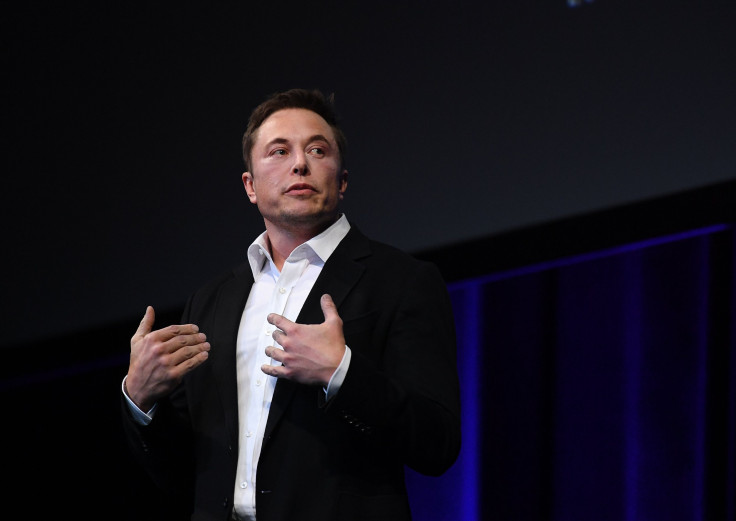Universal Basic Income: Why Elon Musk Thinks It May Be The Future

Universal basic income (UBI), an unconditional allowance afforded to all citizens for the bare essentials of life, is an old idea that’s garnered support from members of both the left and right. Notable supporters have been as disparate as civil rights activist Martin Luther King, Jr. and libertarian economist Milton Friedman. The Nixon Administration even attempted to pass a basic income guarantee through Congress and failed only narrowly due to a disagreement as to how much the stipend should be.
Now, the debate over universal basic income is being renewed by industry leaders and billionaires who include Mark Zuckerberg, Richard Branson and Elon Musk, among others.
As automation approaches, the world is faced with the problem of displacement. One Oxford study predicts 47 percent of jobs are at a high risk of computerization in the next two decades. Previously, the authors published a study that seemed to be much more optimistic about the rate of replacement for workers. Their latest study seems to suggest that human workers are now losing the race against automation.
Deep learning is propelling artificial intelligence forward at a much faster clip than ever anticipated. Automation has eaten away at manufacturing jobs for the past few decades, and many expect manual labor and transportation jobs to be the next casualties of smart software. What’s somewhat shocking is the prediction that the service industry jobs may also be at very high risk, despite being an industry that has experienced some of the largest growth in the last two decades. As machines grow more able to recognize complex patterns, complete increasingly involved tasks and sense the world around them, more livelihoods will become susceptible to computerization.
Musk, the founder of Tesla and SpaceX, estimates that up to 15 percent of the world’s working population could be out of work due to self-driving AI, a machine-learning technology Tesla is working tirelessly to perfect.
Training these workers to develop creative and social skills or providing them with funds to seek higher education may not be feasible. In fact, it may be only a temporary solution as the reach of automation expands, possibly eliminating sects of skilled labor. At the World Government Summit in Dubai in February last year, underscoring the need to potentially accommodate such a colossal shift, Musk asserted, “There will be fewer and fewer jobs that a robot cannot do better.”
“I think we’ll end up doing universal basic income,” he said. “It’s going to be necessary.”
According to Musk, an economy built off automation could be wildly efficient, bringing down the price of goods and increasing productivity by massive margins.
“The output of goods and services will be extremely high,” Musk explained. “With automation there will come abundance Almost everything will get very cheap.”
If universal basic income is feasible, then it could alleviate the burden of an automated era. Food, shelter, clothing and education would be guaranteed to everyone regardless of whether or not they could find a job. Most likely, in an age of automation, we could afford to manage such a program. Widespread poverty, which could be a major threat in a working world dominated by robots, could be avoided entirely.
What may not be feasible is accommodating for the gradual shift. There is no discrete timeline for automation. The pace may quicken or slow at any given moment. Imposed taxation could slow adoption or AI could experience a technical hurdle that prevents it from being able to breach into skilled labor, for example.
In short, there’s no way to accurately predict how or when automation will claim huge chunks of the workforce. The shift to automation could be more devastating for those occupying the jobs that are in immediate threat — that is, one to two decades from now — of being computerized than automation itself, especially if the process is protracted. A universal basic income could give a safety net for workers without access to higher education and job training programs.
When would be the best time to implement universal basic income? More importantly, is it even possible? Opponents of UBI argue that providing an income for all citizens is simply too expensive. Welfare programs could be slashed in preference for a universal basic income, however, which may reduce costs overall.
Author Rutger Bregman cited that implementing a basic income would cost the United States $175 billion annually, only a quarter of the United States’ defense budget, in his TED Talk in support of universal basic income.
“It’s entirely possible,” Bregman told the crowd. “It’s entirely doable.”
© Copyright IBTimes 2024. All rights reserved.











